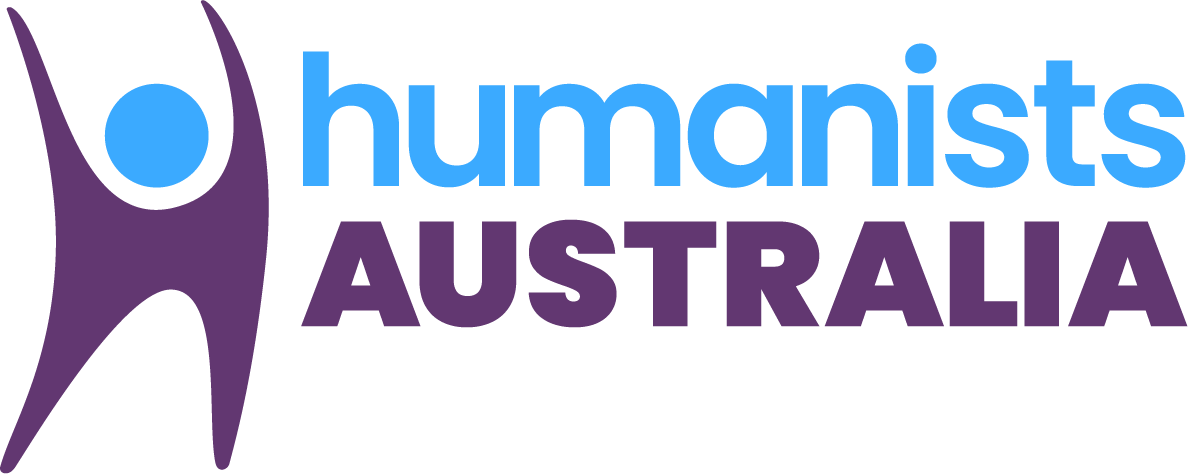How to sustain wellbeing in distressing times
Recent events in Australia and around the world have no doubt left many of our supporters and members feeling moved but disheartened, even distressed.
In particular, as we published in our recent Enews, all humanists will no doubt be disturbed by recent events in Israel and the Gaza Strip. As compassionate beings, we don’t necessarily want to turn away from this news, but managing the acute emotions that come with witnessing it can be a significant challenge to our wellbeing.
In light of this, we are sharing some ideas and advice around what you can do to firstly, take action and contribute to efforts to help those impacted by these events, and secondly, take steps to protect the emotional wellbeing of yourself and loved ones.
Taking action
Donate to UNICEF Australia
Every child, including those in the Gaza Strip, West Bank and Israel, has the right to grow up in peace and safe from harm. If you'd like to support children affected by the conflict in the Middle East, please donate to UNICEF Australia or a similar charity.
Add your voice to campaigns
Sign Amnesty International’s petition to urge world leaders to call for an immediate ceasefire by all parties and put an end to the ongoing humanitarian catastrophe in Gaza.
Sign the petition via Change.org imploring the Australian government to advocate in the international community for an immediate ceasefire to allow the entry of humanitarian aid into Gaza.
You may find others way of taking action on this and other issues, and we invite you to let us know.
Caring for yourself and connecting with others
How we respond to stressful and distressing situations varies. Regardless of the level of stress and distress you may feel, taking care of your own emotional wellbeing is critical at times like this. It is one aspect we can aim to sustain some control over, and it also helps us care for and protect the emotional wellbeing of your loved ones and your community.
Practical day to day steps for self-care
The following advice and techniques have been kindly contributed by HA member, Sam Fiaali'i – Pastoral Carer and Humanist.
They refer to managing stress in general, they must be personalised to the individual and the situation. It is important to emphasise being self aware and being aware of the situation that a person may find themselves in. People respond differently to stressful situations and not everyone will experience the same level of stress in the same situation.
· Connect with family, friends, your community including your other sentient beings.
· Take breaks from watching, reading, or listening to news stories, including those on social media, and be critical about the information received.
· As much as possible, keep to a daily routine, including sleeping your regular hours.
· Consume healthy meals and stay hydrated.
· Stay physically active.
· Avoid use of drugs, tobacco, and alcohol.
· Exercise mindfulness, meditation, appropriate stretching, and breathing techniques.
· Focus on positive activities or activities that encourage flow.
But do keep in mind, please do not use the above as a blanket approach to managing all forms of stress. In particular, if the conflict between Israel and Hamas is the context for which the above points are being referred to, then it is emphasised to connect with those who you trust and share how you are feeling.
Reach out to your community
Reaching out to your community is a very important way of managing stress. It is well understood that social isolation is a significant contributing stress and distress, so social connection works to limit and manage those emotions.
We encourage HA members and supporters to also reach out to us if in need for support, and more guidance and support can be sought on your behalf.
Reach out for professional support
At HA we are establishing and developing our humanist wellbeing program, but until this is more substantially up and running, there are other options for seeking professional support:
Speak to your GP about a referral to a private mental health professional. An initial 6 sessions (up to 10 sessions in total upon a review) can be accessed via your GP using a Mental Health Care Plan under the national Better Access Initiative. This includes the Medicare rebate to cover part of the cost.
You can also access 24/7 support via Beyond Blue.
In an acute crisis, contact:
Lifeline 13 11 14
13 YARN (13 92 76) for Aboriginal and Torres Strait Islander Australians
“One's life has value so long as one attributes value to the life of others, by means of love, friendship, indignation and compassion.”
– Simone de Beauvoir


